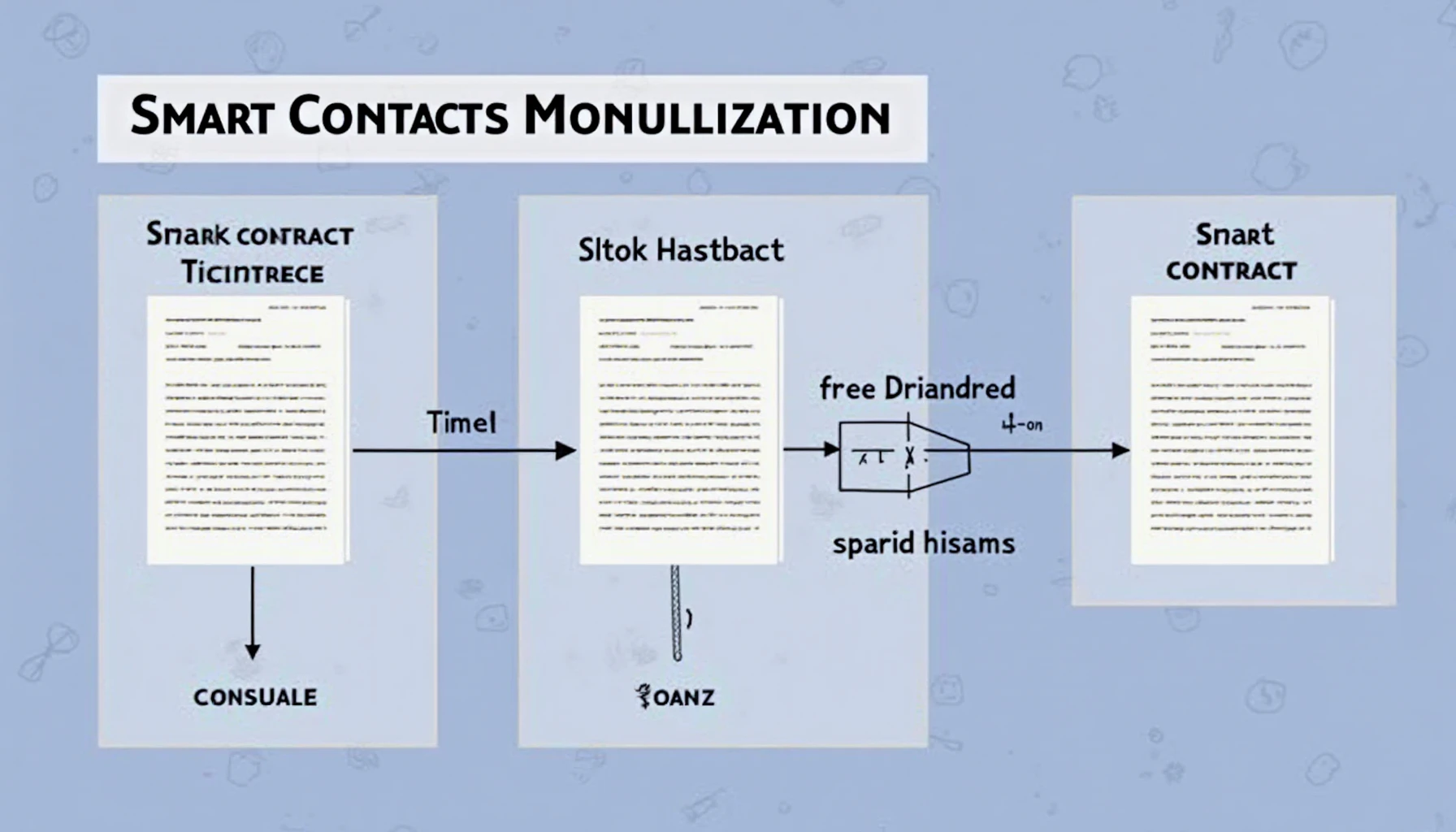Introduction: Are You Ready for the Future of Smart Contracts?
Did you know that only **23%** of blockchain developers fully understand the principles of smart contracts? As the cryptocurrency market continues to grow, **the need for enhanced efficiency and security** becomes paramount. In this article, we’ll explore the exciting topic of smart contract modularization and how it integrates with blockchain technologies to create a more agile digital economy.
Understanding Smart Contracts: The Basics
Smart contracts are self-executing agreements with the terms of the contract directly written into code. They execute automatically when predetermined conditions are met, eliminating the need for intermediaries. This feature, however, has its complexities:
- Interpretation of contract terms can be ambiguous.
- Security flaws can lead to substantial financial losses.
- Adapting conventional contracts into code can be challenging.
What is Smart Contract Modularization?
Smart contract modularization refers to the process of breaking down a smart contract into smaller, manageable modules that can be independently developed, tested, and deployed. This concept **improves development efficiency** and allows for greater flexibility and scalability. To illustrate, think of it as building blocks in a toy market, where each block serves a unique function, yet contributes to a larger structure.

The Benefits of Modularization in Blockchain Technology
Modularizing smart contracts comes with several **key advantages** that address some of the industry’s prevalent challenges:
- Enhanced Security: Smaller modules mean easier code audits, reducing potential vulnerabilities.
- Increased Agility: Development teams can update and deploy changes more rapidly without affecting the entire contract.
- Cost Efficiency: Organizations can save on development costs as they leverage existing modules instead of creating new contracts from scratch.
Real-World Applications of Modularized Smart Contracts
As businesses explore the potential of modularization, several sectors can benefit:
- DeFi Projects: Modular contracts can offer more flexibility in lending and borrowing protocols, allowing for quick alterations in rates or terms.
- Supply Chain Management: Companies can manage complex logistics contracts effectively, adapting them as market conditions change.
Conclusion: Embrace the Modular Future of Smart Contracts
In conclusion, smart contract modularization stands as a revolutionary approach to enhancing the **security** and **efficiency** of blockchain technologies. As the cryptocurrency landscape evolves, developers and businesses must adapt to these advancements to stay competitive. Are you ready to explore the potential of modularized smart contracts?
For further insights, consider exploring detailed guides on digital currency trading or the principles of blockchain technology.
If you’re looking for ways to secure your investments, check our localized guides, like Singapore’s cryptocurrency tax regulations.
Stay informed and empowered in your cryptocurrency journey. Access our full range of resources to succeed in the digital currency ecosystem!